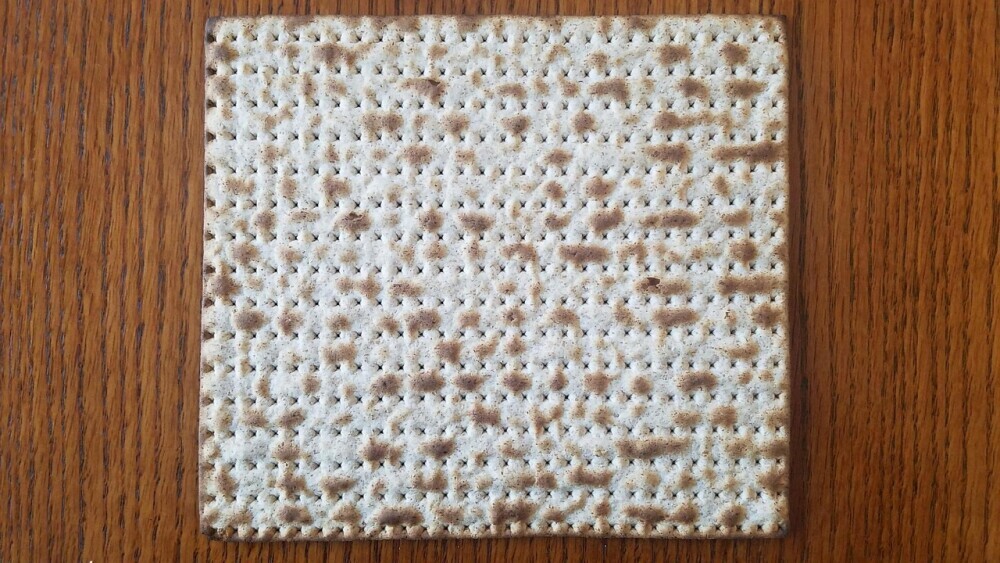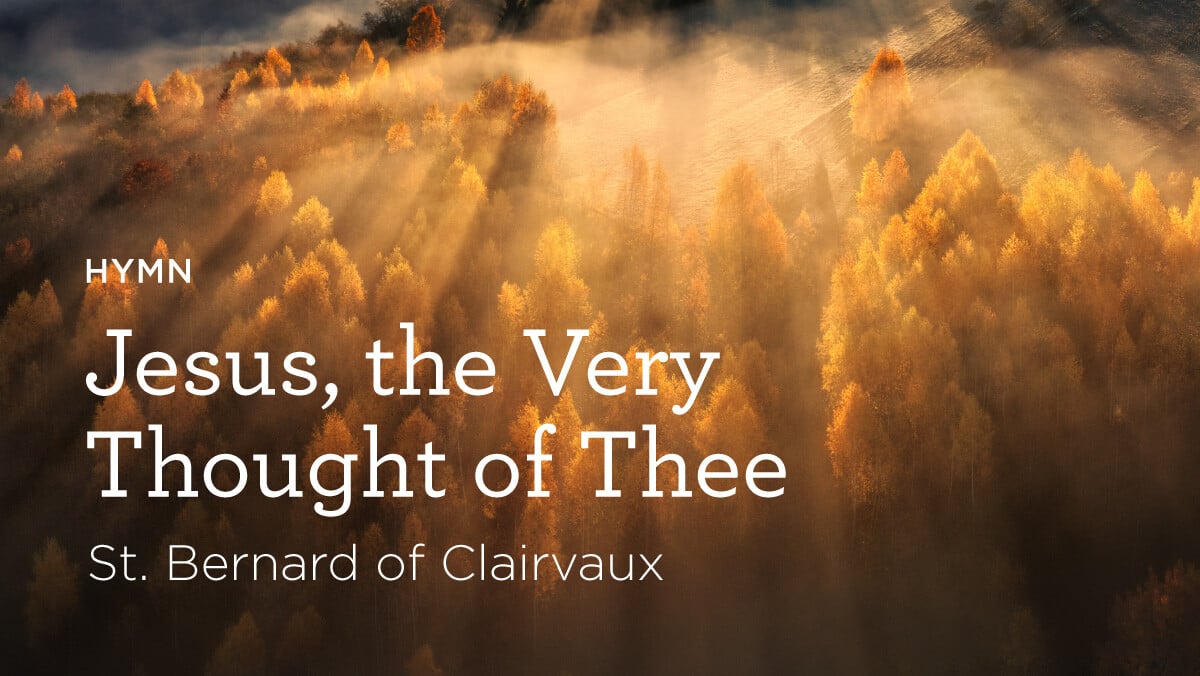Feast of Unleavened Bread 2024 – The Feast of Unleavened Bread for the year 2024 is tonight. If you are wondering why we are keeping the Feast of Unleavened Bread in October, we will explain for you. Welcome to BibleStudyMinistry.com, an online bible study supplement source; we are glad you’re here. In this publication, we are going to take a look at the Feast of Unleavened Bread, which the Almighty Creator commanded we observe.
The Feast of Unleavened Bread for 2024 begins tonight, and at BibleStudyMinistry.com, we’re excited to delve into its significance. The Feast of Unleavened Bread is one of the prophetic festivals ordained by the Almighty Creator for His people, as outlined in Leviticus 23.
This feast, starting on the 15th day of the first month, lasts seven days, and both the first and seventh days are High Sabbaths. During this time, the Almighty commands His people to eat unleavened bread and refrain from consuming leaven, a practice deeply symbolic in understanding purity and righteousness.
The observance of this feast dates back to the Exodus, when the Almighty delivered the House of Akobe (Jacob) from Egypt. As described in Exodus 12, the Feast of Unleavened Bread is a memorial of the Almighty’s deliverance, to be observed for all generations. By removing leaven from their homes and eating unleavened bread for seven days, the children of Akobe commemorated their swift departure from Egypt, recognizing the Almighty’s protection.
Thrice a Year
This feast is further reinforced in Exodus 23 and Numbers 28, where the Almighty outlines how and when this festival should be observed, noting that three times a year, all males are to present themselves before Him during key feasts: Unleavened Bread, Weeks, and Tabernacles.
The meaning of the feast is not just about physical bread but also about spiritual purity. In Matthew 16, Msindisi (the Anointed Prince of Juda, called Jesus Christ in KJV) teaches His disciples that leaven symbolizes false teachings, lies, and hypocrisy, specifically warning them to beware of the “leaven” of the Pharisees.
Similarly, Luke 12 emphasizes the hypocrisy of the Pharisees, showing how leaven represents sin infiltrating the lives of the people. 1 Corinthians 5 extends this analogy, teaching that believers should purge themselves of “leaven”—malice and wickedness—and instead live in sincerity and truth, following the example of the Anointed Prince, our Passover.
A Sin Free Life
The Feast of Unleavened Bread represents more than just an ancient ritual. It points to deeper spiritual truths about the importance of purity, sincerity, and living a life free of sin. Leviticus 2 illustrates how the offerings made to the Almighty should be without leaven, reinforcing that our works and offerings must be untainted by sin.
Msindisi also emphasized this in John 6, calling Himself the “bread of life,” teaching that belief in His teachings brings eternal life. He is the sinless, unleavened bread from heaven, and His words are spirit and life, the ultimate remedy for the malice and corruption in our hearts.
Thus, as we celebrate the Feast of Unleavened Bread, we remember the Almighty’s deliverance and reflect on the deeper spiritual implications of removing sin from our lives. It’s not just about the physical act of eating unleavened bread but embracing the words and teachings of the Almighty through His Anointed Son. The feast serves as a reminder to purify ourselves and live in sincerity and truth, adhering to the Almighty’s commandments and teachings, which lead to life.
For the full study with the scriptural references and the historic significance of Bantu Calendar year; join our newsletter or send us an email requesting a free PDF copy!
Salud
For more content like this, subscribe
and like.
Power be with you.
Minister Koko
Consul General, AKOPPI

Share the article on your favorite social media outlet; help the Word flow out into all nations!











 English (US) ·
English (US) ·